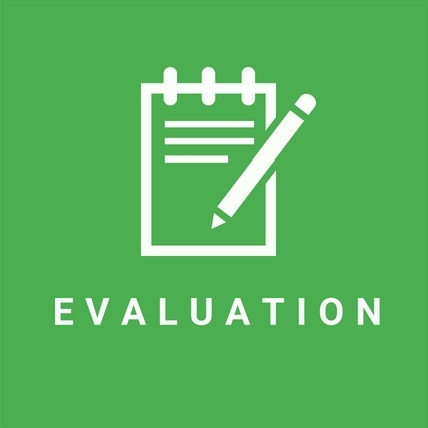Projects
CCBR typically has 15-20 ongoing projects and has completed over 500 projects since 1982. Each project is guided by our commitment to impacting social change in practical and powerful ways. We conduct research with people not on people, cultivating respect with communities at every step of the process.
Projects can be searched for using words from the project title or using the service area, theme, or date range for the project. You can also type 'Service Area' or 'Theme' into the search bar to get a list of options in each of these fields.
- Projects
- /
- 9070_ Youth Champions for Change: Shifting the Role of Youth in Research and Evaluation
Project Purpose
UW D.I.R.E.C.T.I.O.N.S. was a post-secondary information and careers readiness conference for Indigenous Youth from First Nations and urban communities across Ontario. The program brought together Status, Non-status, Métis, and Inuit high school students from across Ontario for five days with the objective to prepare them for post-secondary pursuits required to build human capital and contribute back to their own communities. Students were immersed in a complete post-secondary experience, which strived to nurture a love of learning while recognizing and being sensitive to the different cultural values and rights of Indigenous Peoples and cultures.
The purpose of the evaluation was to gain a more in depth understanding of the long-term impacts that the UW D.I.R.E.C.T.I.O.N.S. program had on youth and communities. Although UW D.I.R.E.C.T.I.O.N.S. was not a new program at the time of the evaluation and had been operating with integrity and respect for a number of years, the information provided was useful in helping St. Paul's and UW D.I.R.E.C.T.I.O.N.S. gain a more comprehensive understanding of the specific contributions that they are making to youth and their communities. The evaluation was also imperative for helping St. Paul's and UW D.I.R.EC.T.I.O.N.S. learn about how they can strengthen the conference to better support the youth and their communities. Indigenous students were hired and trained to become community researchers and co-principle investigators of the project.
Information
It was important to St. Paul's and the Centre for Community Based Research to conduct an evaluation that was responsive and respectful to Indigenous youth and communities. It was for this reason that the UW D.I.R.E.C.T.I.O.N.S. User Group, a diverse group of elders, teachers and Indigenous educators from various communities across Ontario, guided all stages of the evaluation and provided input into the development of evaluation strategy. In particular, the User Group helped to develop two aspects of the evaluation:
1.An engagement strategy for youth who participate in the UW D.I.R.E.C.T.I.O.N.S. readiness conference;
2.Evaluation tool(s).
Engagement Strategy
The engagement strategy focused on keeping in touch with participants and creating motivation for them to stay connected with each other and with St. Paul's after they leave the conference. Motivation was fostered by creating user friendly and innovative methods for the youth to stay connected with their peers, as well as by sharing important information when keeping in touch with youth, such as financial support options or post-secondary application support.
Evaluation Tools
Evaluation tools were also developed in order to collect information from the students about their experiences with UW D.I.R.EC.T.I.O.N.S. The tools included online surveys and interviews conducted with the youth that participated in the conference. The tools captured key information that helped us gain a comprehensive understanding of whether the UW D.I.R.E.C.T.I.O.N.S. readiness conference was meeting its objectives.
Click here for more information.

